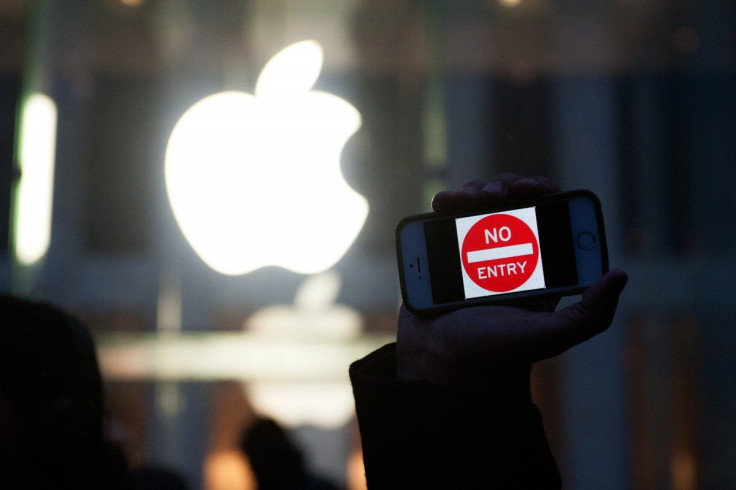Iran to ban iPhones if Apple does not officially register with anti-smuggling scheme
Those who already have iPhones and other smuggled phones are excluded from the anti-smuggling project.

Apple could face a ban in Iran if it does not officially register in the country, Iranian authorities have warned, according to new reports.
More than 40 million people in Iran use smartphones. This figure also includes several millions of iPhones that are smuggled into the country. An official from the anti-smuggling office said there is no legal restriction for Apple to register a store in Iran.
"If Apple will not register an official representative in Iran within the next few days, all iPhones will be collected from the market," the director of Iran's anti-smuggling office has been quoted as saying by Tasnim News Agency, suggests a report by the Japan Times.
To curb phone smuggling, Iran has started a new anti-smuggling project, running under the president's office. The scheme that will kick off later this week requires all mobile phones to be registered with the country's telecommunications user database. Devices that are not registered cannot be used. Those who already have iPhones and other smuggled phones are excluded from this project, the office announced.
Some IT activists have criticised the decision to ban iPhones, despite the project receiving the go-ahead from mobile operators, customs and the mobile phone sellers union in Iran.
"Collecting this huge number of iPhones will not be easy," said the head of Tehran IT union, expressing concerns that the telecommunications database could be hacked following such a move.
US tech firms were forbidden from selling products in Iran due to long-lasting sanctions against the country. Apple originally began selling Macs and iOS devices in Iran from 2013, after the US government took action to ease sanctions that had prohibited companies from selling electronic gadgets for more than two decades.
In May 2013, the US Department of the Treasury, issued a General License authorising the export to Iran of certain services, software and hardware to aid personal communications. The license allows the US to provide Iranians with safer, more sophisticated personal communications equipment.
"The General License would not authorize the export of any equipment to the Iranian government or to any individual or entity on the Specially Designated Nationals (SDN) list," noted the Department of the Treasury.
© Copyright IBTimes 2025. All rights reserved.





















